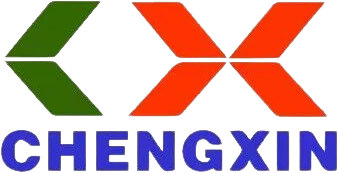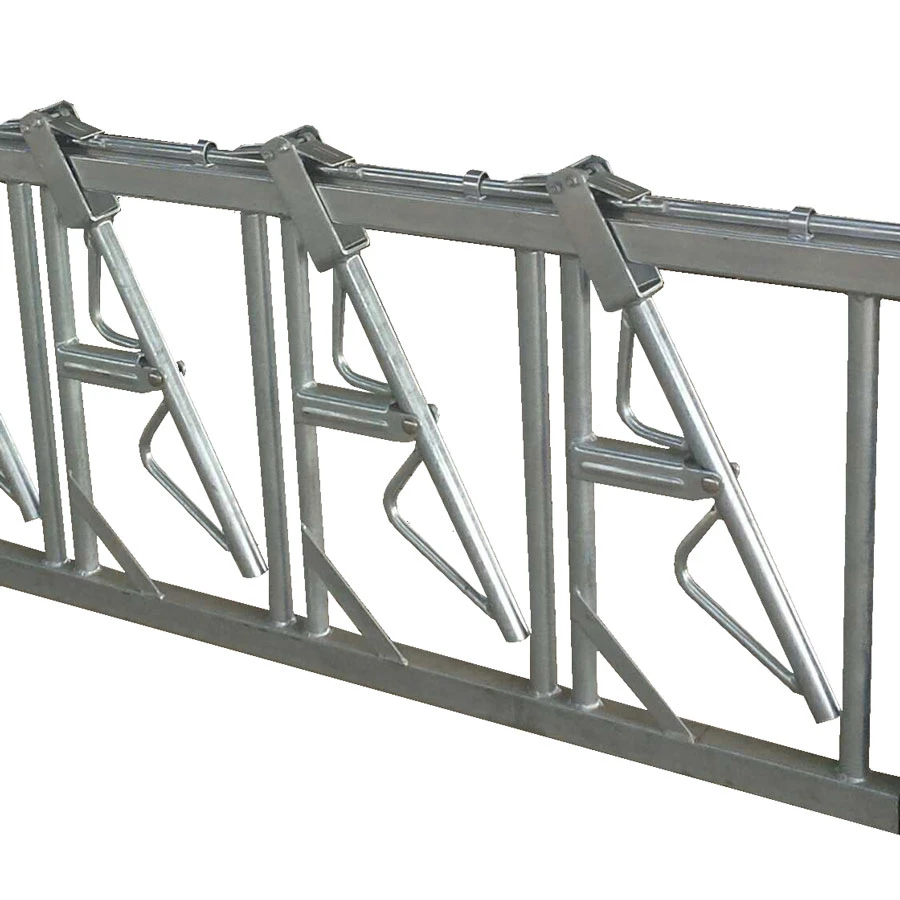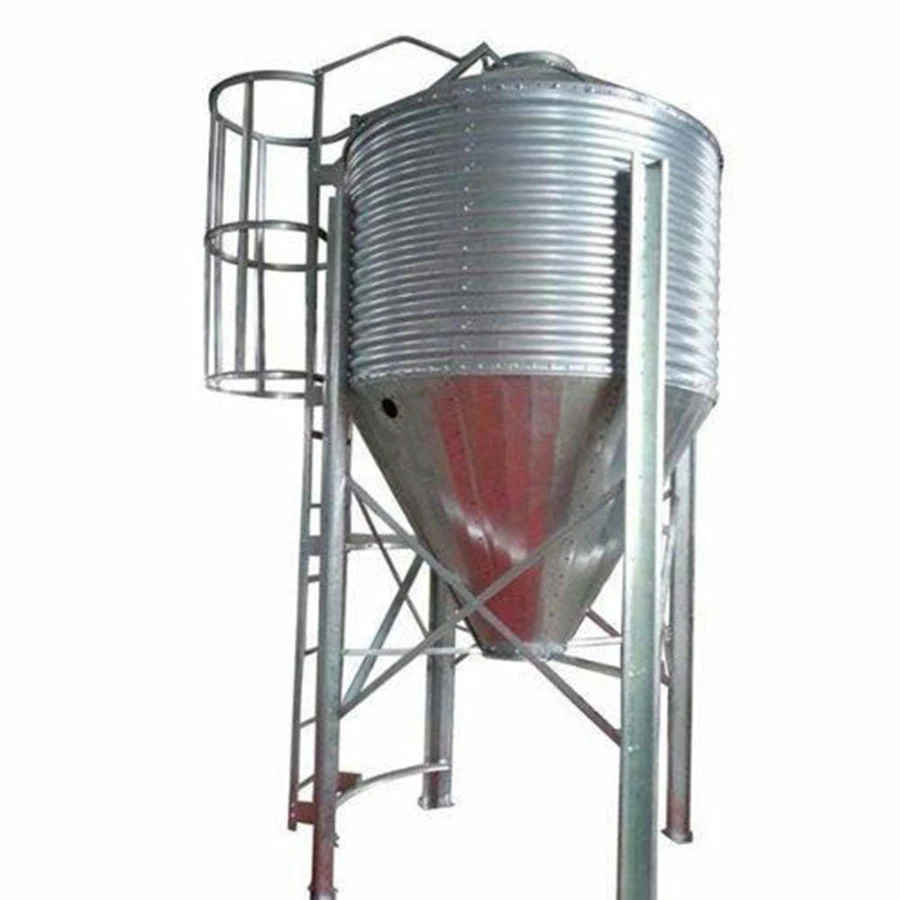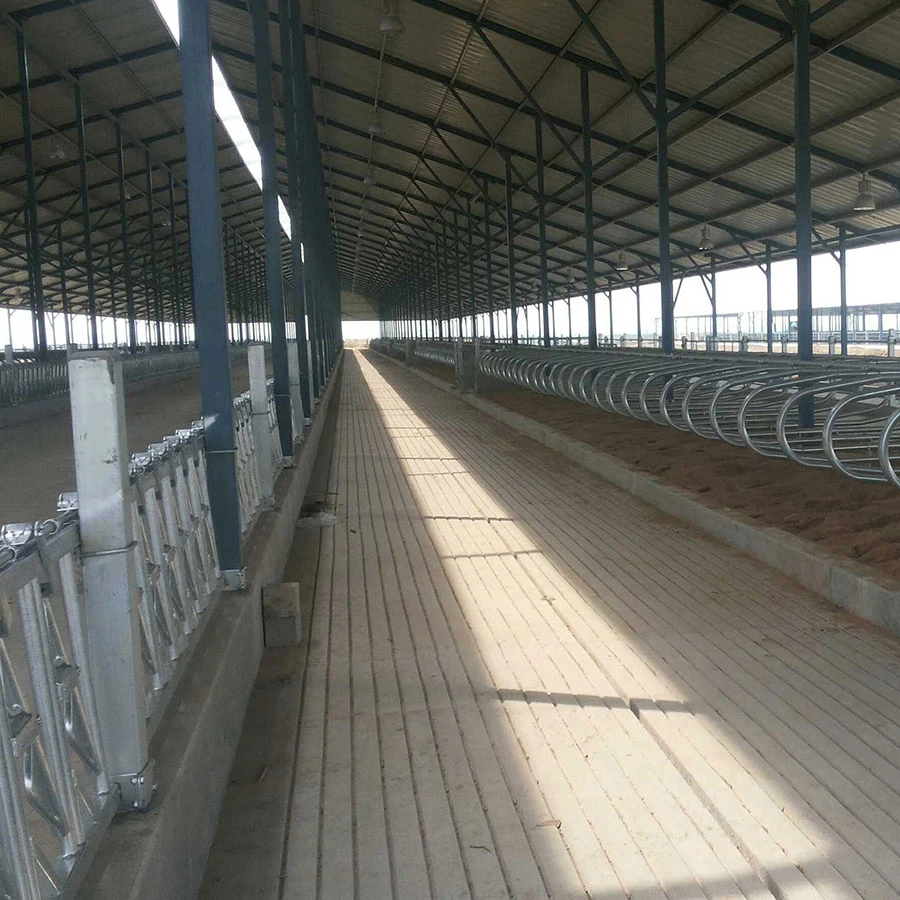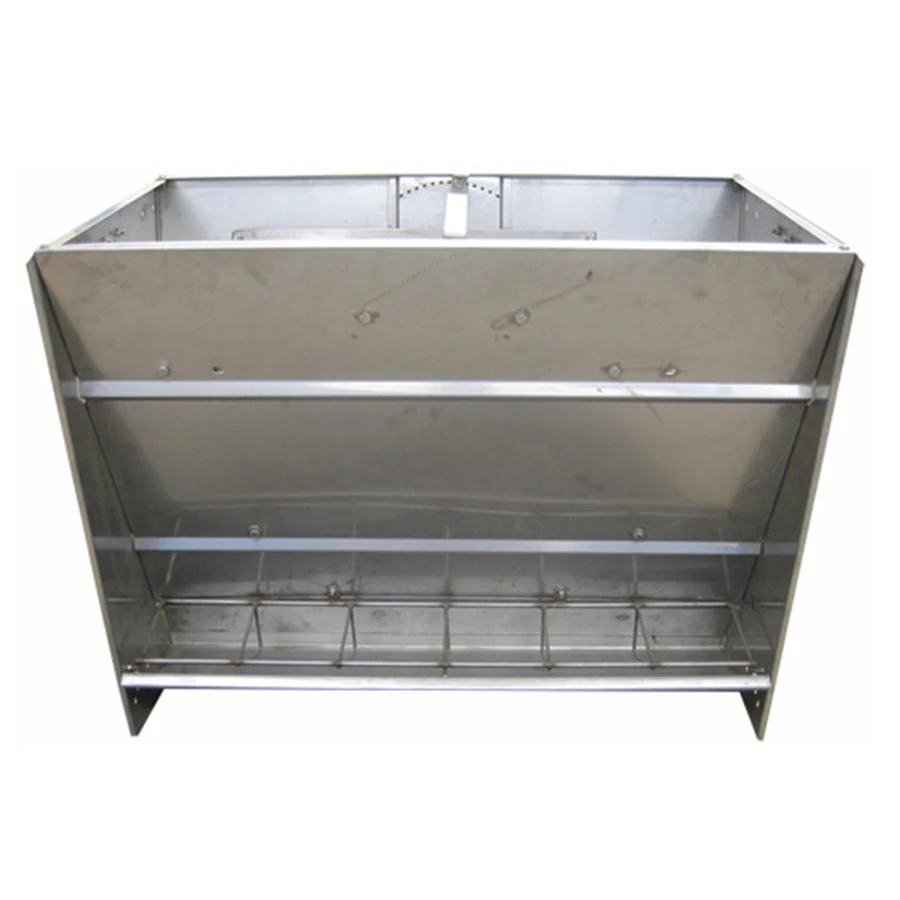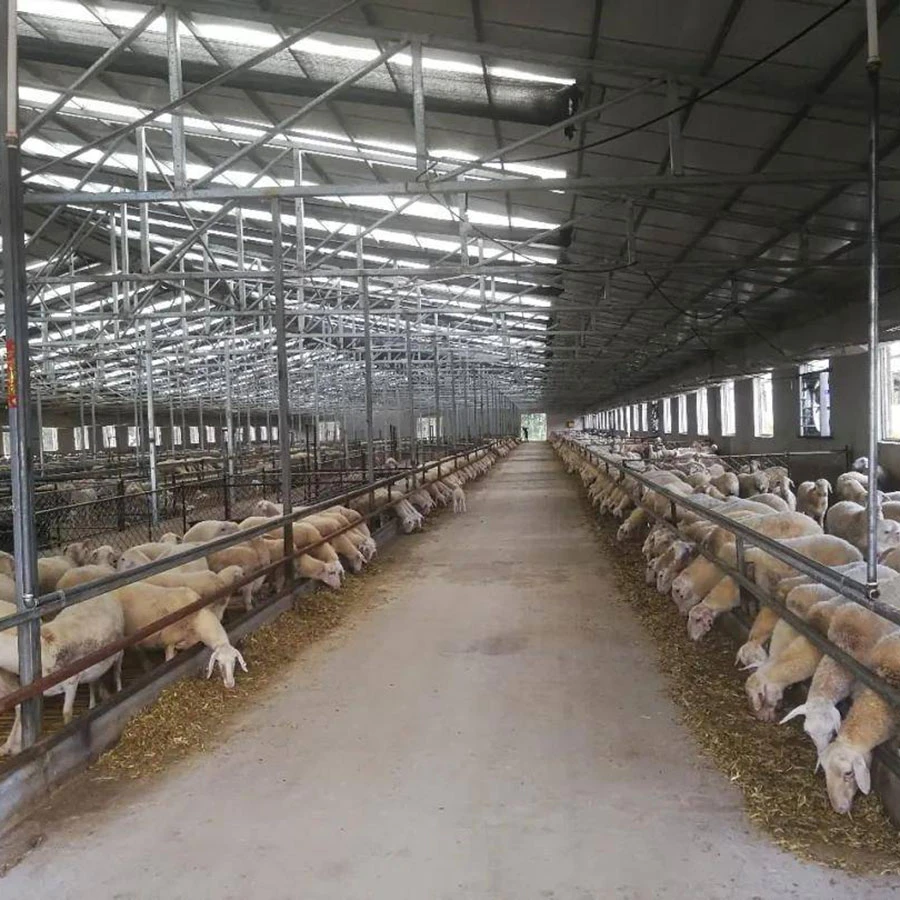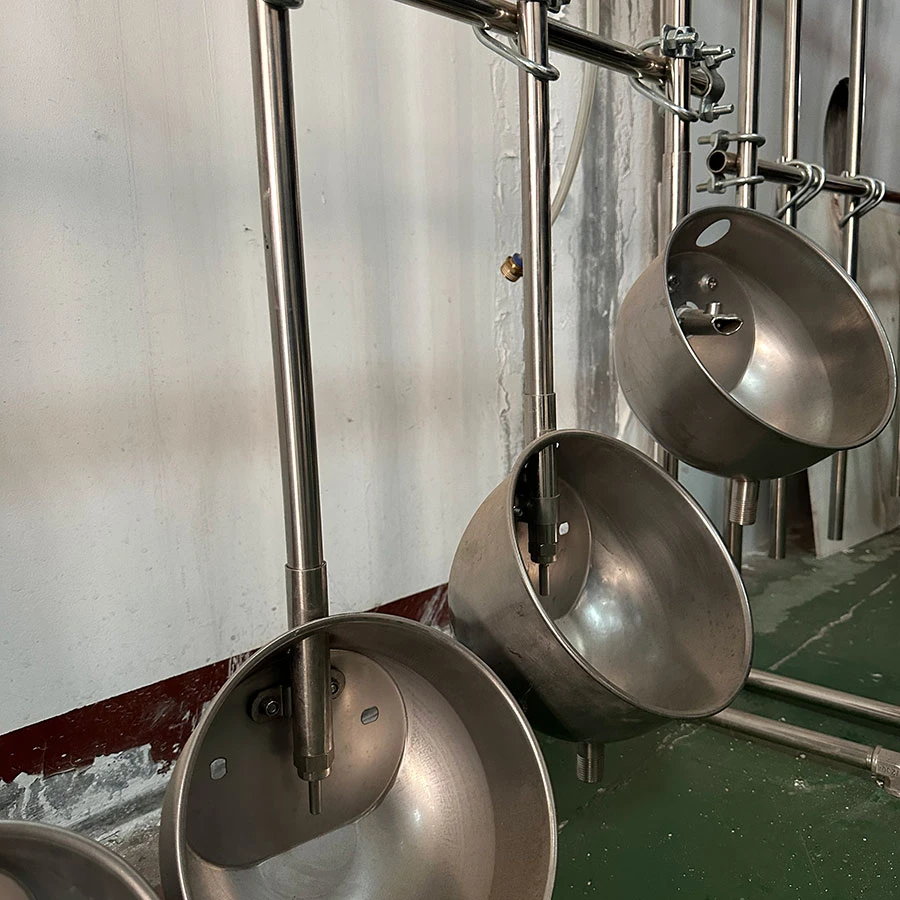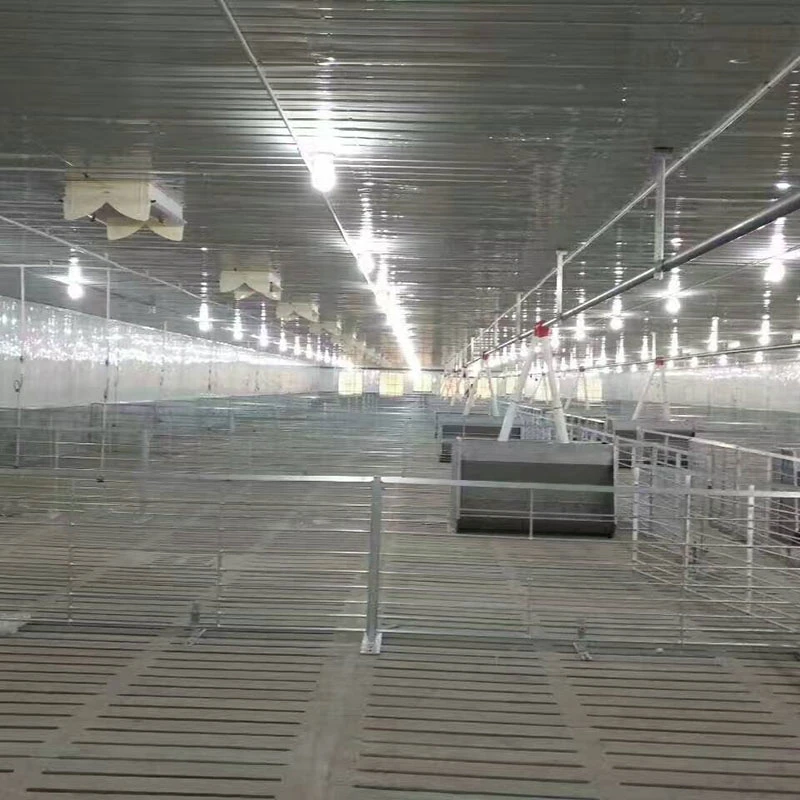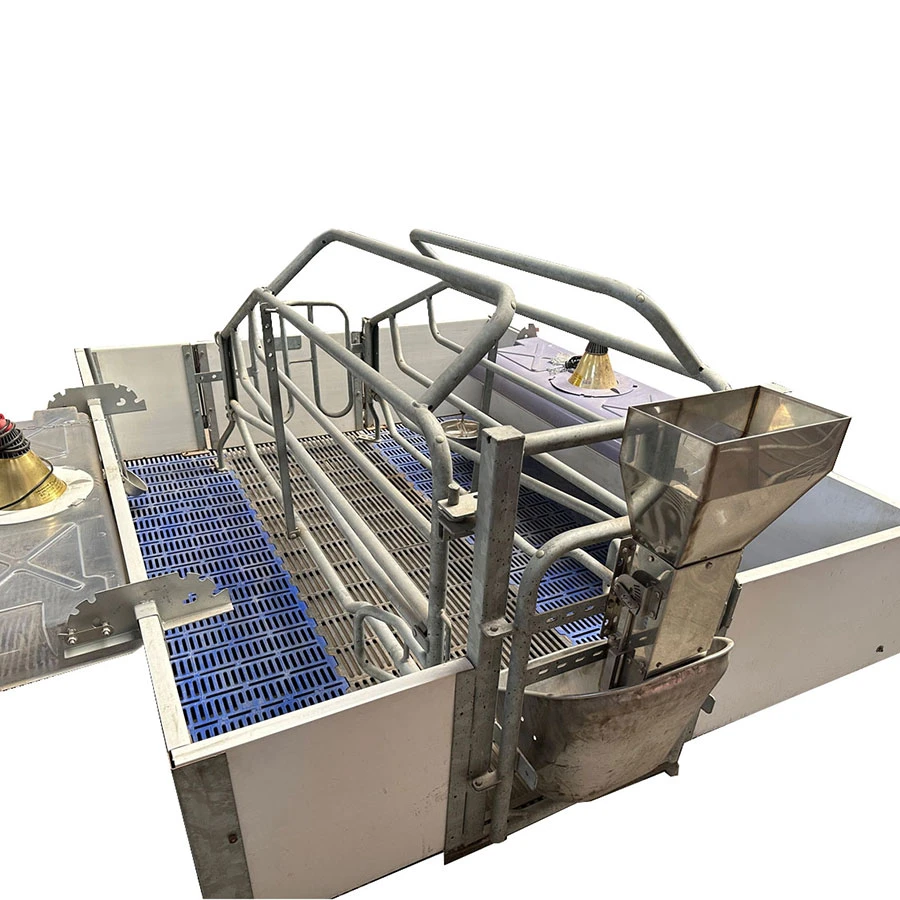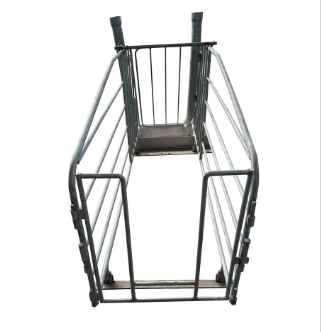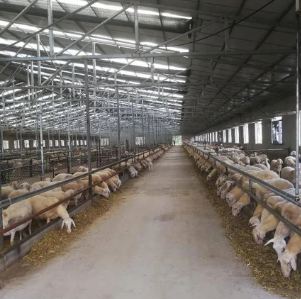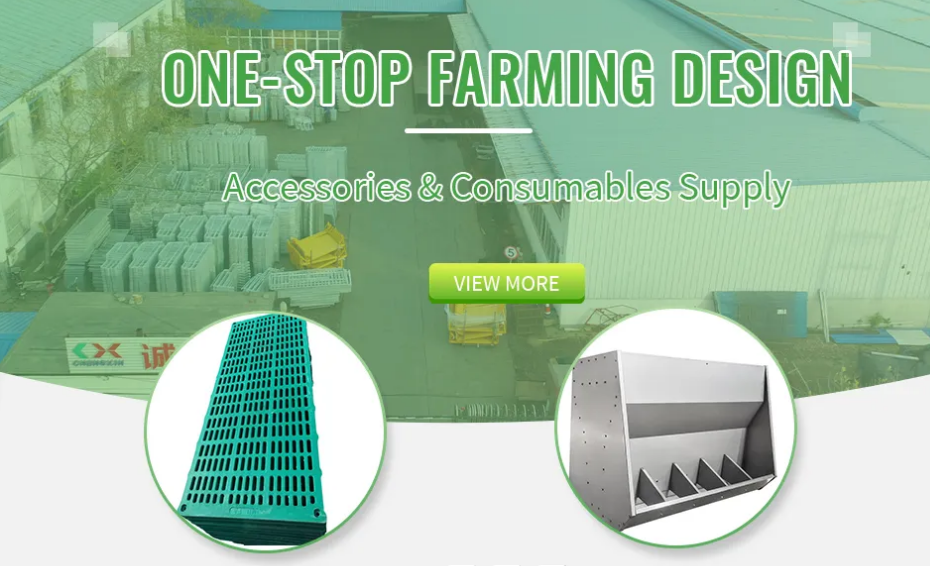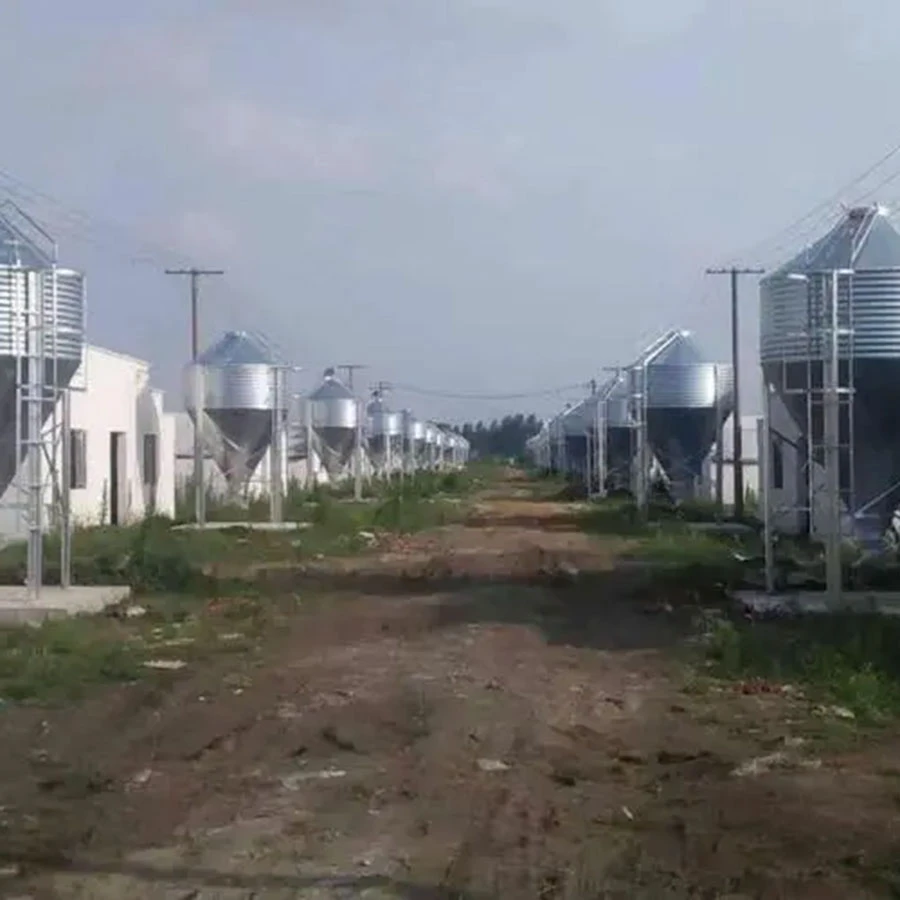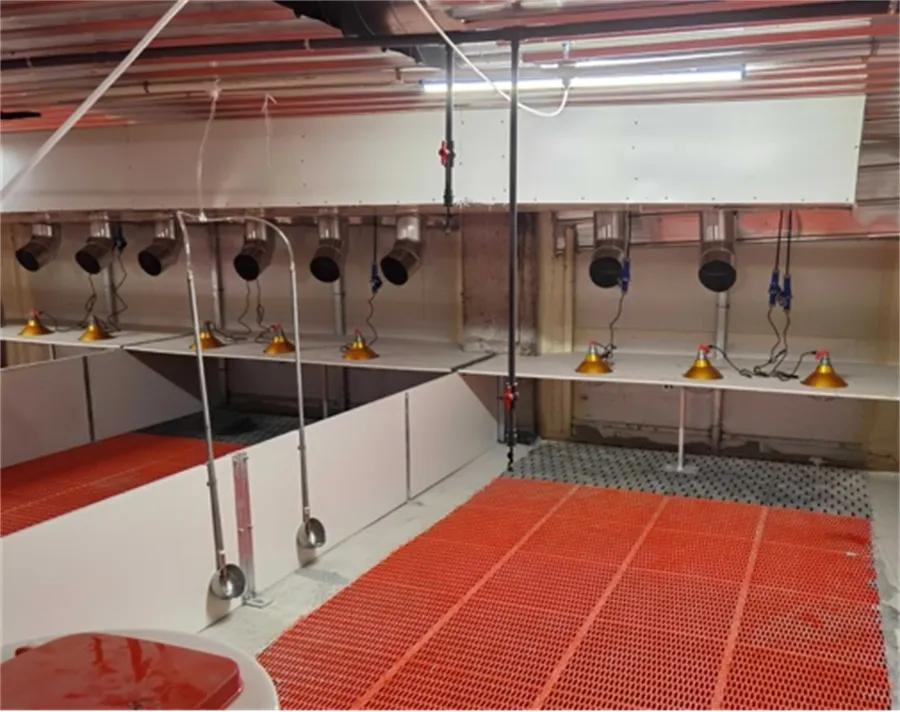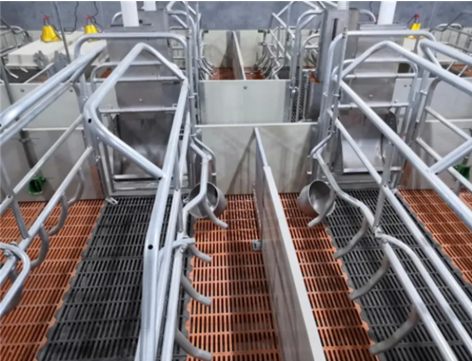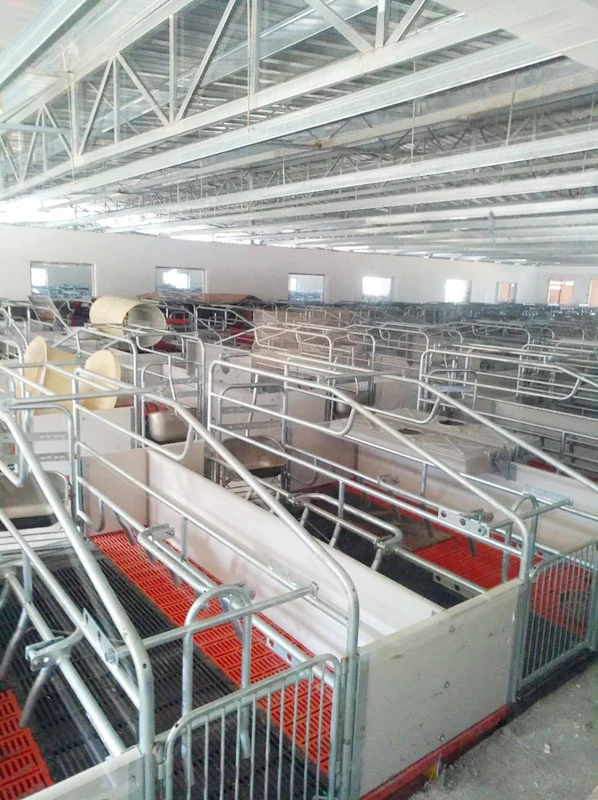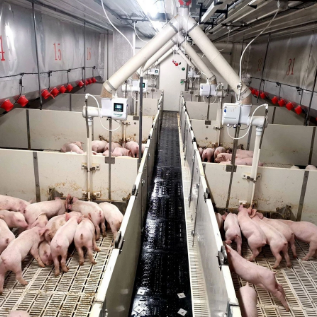The Indispensable Role of Cast Iron Flooring in Modern Livestock Management
In the rapidly evolving landscape of modern livestock management, efficiency, hygiene, and animal welfare are paramount. Central to achieving these objectives, particularly in swine farming, is the selection of appropriate flooring solutions. Among the myriad options, cast iron flooring has emerged as a cornerstone technology, offering unparalleled durability, superior hygiene, and optimal comfort for animals. Its robust nature and specific design characteristics make it an ideal choice for high-stress environments like farrowing and gestation crates, where structural integrity and sanitation are critical. This article delves into the technical intricacies, application advantages, and comprehensive manufacturing processes that define high-quality Cast Iron Floor For Pig Farming Equipment, providing a strategic overview for B2B decision-makers and technical personnel.
The strategic investment in specialized flooring such as cast iron flooring reflects a commitment to advanced animal husbandry practices. This material's inherent strength allows it to withstand significant weight and constant activity without degradation, while its non-porous surface facilitates thorough cleaning and disinfection, crucial for disease prevention. Furthermore, the thermal properties of cast iron can be optimized to provide a stable environment, contributing to improved piglet health and sow comfort. Understanding the full spectrum of its benefits, from material science to operational longevity, is key to optimizing farm productivity and ensuring compliance with stringent agricultural standards.
Industry Trends and the Evolution of Piggery Flooring
The global swine industry is witnessing a significant shift towards more sustainable, humane, and efficient farming methods. This paradigm shift directly influences infrastructure development, placing higher demands on materials and design. Traditional concrete or plastic slatted floors, while having their applications, often fall short in specific high-wear, high-impact areas, or where superior thermal management is required. This is where cast iron flooring excels, particularly for environments like farrowing pens where precise temperature control and robust support are vital for both the sow and her piglets.
Key trends driving the adoption of advanced flooring solutions include increased focus on animal welfare regulations, demanding better hygiene and reduced injury rates; the need for enhanced bio-security measures to combat disease outbreaks; and the pursuit of operational longevity to minimize replacement costs and downtime. Cast iron flooring for piggery systems directly addresses these trends by providing an exceptionally durable, easy-to-clean, and stable surface. Its heavy-duty construction ensures a service life often exceeding 20 years, significantly reducing the total cost of ownership compared to less durable alternatives. This longevity, coupled with its resistance to corrosive manure and disinfectants, positions it as a premium solution for future-proof pig farming operations.
The Science Behind Cast Iron Flooring: Material & Design
High-performance cast iron flooring for livestock applications typically utilizes grey cast iron (HT200 to HT250, equivalent to GG20 to GG25), known for its excellent compressive strength, wear resistance, and damping capacity. The specific composition, including carbon (2.5-4.0%), silicon (1.0-3.0%), manganese, sulfur, and phosphorus, is carefully controlled to achieve optimal mechanical properties and microstructure, primarily consisting of graphite flakes in a ferrite or pearlite matrix. This unique microstructure contributes to the material's ability to resist cracking under repeated stress and provides a degree of self-lubrication, reducing wear.
Beyond material selection, the design of cast iron flooring for piggery is critical. Modern designs feature optimal slat widths and opening ratios to facilitate efficient manure drainage while providing a comfortable and stable footing for the animals. The surface texture is often engineered to be anti-slip, reducing the risk of injuries, especially for piglets. Furthermore, the inherent thermal conductivity of cast iron can be leveraged. In farrowing crates, the cast iron portion beneath the sow can efficiently dissipate heat, keeping her cool, while adjacent slatted areas, often made of plastic, retain warmth for piglets, creating a microclimate that supports their health and growth. This thoughtful engineering ensures the flooring performs optimally under the demanding conditions of intensive farming.
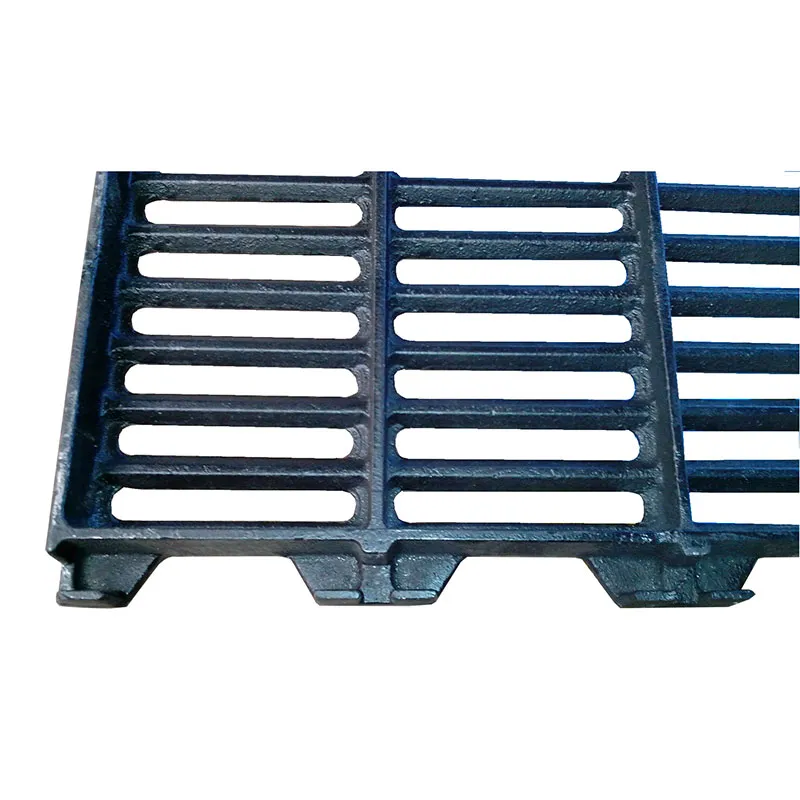
Technical Parameters & Performance Benchmarks
Selecting the right cast iron flooring involves understanding its key technical specifications. These parameters directly influence the flooring's performance, durability, and suitability for specific applications within a pig farm. Below is a table outlining typical specifications for high-quality cast iron flooring designed for pig farming equipment:
| Parameter | Description | Typical Range/Value |
|---|---|---|
| Material Grade | Grey Cast Iron (HT200-HT250 equivalent to GG20-GG25) | High-strength, wear-resistant |
| Compressive Strength | Ability to withstand vertical loads without deformation. | 200-250 MPa |
| Tensile Strength | Resistance to breaking under tension. | 200-250 MPa |
| Hardness (Brinell) | Resistance to indentation and scratching. | 180-240 HB |
| Slat Width | Width of individual cast iron bars. | 10-14 mm (farrowing), 15-20 mm (gestation) |
| Slot Opening | Gap between slats for manure drainage. | 10-12 mm (farrowing), 16-18 mm (gestation) |
| Surface Treatment | Coating or finish for corrosion resistance/grip. | Smooth anti-slip finish, optional anti-corrosion coating |
| Typical Lifespan | Expected operational life under normal conditions. | 20+ years |
These specifications highlight the robust engineering required for cast iron flooring for piggery. The material's high compressive strength ensures it can support the weight of mature sows without deforming, while optimal slot dimensions prevent foot entrapment and maximize waste removal efficiency. The careful balance of these parameters ensures both animal safety and long-term operational integrity.
Application Scenarios & Core Advantages
The primary application of cast iron flooring in pig farming equipment is in areas requiring maximum durability and hygiene. Its most prevalent uses include farrowing crates, where the sow lies directly on the cast iron, and in gestation stalls. In farrowing, the cast iron's thermal properties are particularly beneficial. It provides a cool, stable surface for the sow, which is crucial for her comfort and milk production, while separate, warmer areas are provided for piglets, often using plastic or heating mats. This zoning helps in preventing overlaying mortality and promoting piglet vigor.
- Superior Durability: Cast iron's inherent strength resists wear, corrosion from manure, and deformation under heavy loads, ensuring a much longer service life compared to alternative materials.
- Exceptional Hygiene: The smooth, non-porous surface of cast iron prevents bacterial accumulation and allows for easy, thorough cleaning and disinfection, significantly reducing disease transmission risks.
- Optimal Animal Welfare: Precisely engineered slat dimensions ensure comfortable footing, minimize hoof injuries, and facilitate efficient waste removal, contributing to a healthier environment for the animals.
- Thermal Regulation: Cast iron effectively dissipates heat from the sow, preventing heat stress, while its thermal mass can contribute to a more stable overall pen temperature.
- Reduced Maintenance & Cost: Due to its longevity and resistance to degradation, cast iron flooring demands minimal maintenance and replacement, leading to significant long-term cost savings for farm operators.
These advantages underscore why cast iron flooring is a strategic investment for modern, high-volume pig production facilities, offering both economic and welfare benefits.
A Deep Dive into the Manufacturing Process
The production of high-quality cast iron flooring is a precise metallurgical and engineering endeavor. It primarily involves the sand casting process, a time-honored method refined with modern technology to ensure dimensional accuracy and surface integrity. Here's a detailed overview of the typical manufacturing workflow:
- Material Preparation & Melting: High-grade pig iron, steel scrap, and alloying elements (e.g., silicon, manganese) are carefully weighed and melted in an induction or cupola furnace at temperatures exceeding 1400°C. Strict control over the chemical composition is maintained to achieve the desired grey cast iron properties (e.g., HT200 or HT250 grades).
- Pattern Making: A precise pattern, typically made from wood, metal, or plastic, is created to match the exact dimensions and geometry of the final cast iron floor piece, including slat spacing and thickness. This pattern accounts for material shrinkage during cooling.
- Molding (Sand Casting): The pattern is used to create a mold from highly compacted sand, often mixed with a binder. The two halves of the mold (cope and drag) are assembled, and a gating system (channels for molten metal) is integrated.
- Pouring: Molten cast iron, precisely at its pouring temperature, is carefully poured into the sand mold. The rate and temperature of pouring are critical to prevent defects such as cold shuts or porosity.
- Cooling & Solidification: The molten metal cools within the mold, solidifying into the shape of the flooring panel. This cooling process is controlled to ensure the correct metallurgical structure.
- Shakeout & Fettling: Once sufficiently cooled, the casting is removed from the sand mold (shakeout). The sand is recycled. The rough casting then undergoes fettling, where excess material (runners, risers, flash) is removed, and initial cleaning occurs.
- Shot Blasting & Grinding: The cast iron panels are typically shot blasted to remove any remaining scale or sand particles, resulting in a clean, uniform surface. Precision grinding may follow to achieve specific surface finishes or flatness tolerances, particularly for critical mating surfaces.
- Quality Inspection & Testing: Each panel undergoes rigorous inspection. This includes visual checks for surface defects, dimensional verification using calipers and jigs, and material composition analysis (e.g., spectrography). Mechanical testing (e.g., hardness, tensile strength) is performed on samples to ensure compliance with standards.
- Surface Treatment (Optional): Depending on requirements, panels may receive additional surface treatments like anti-corrosion coatings or specialized finishes to enhance grip or durability.
This multi-stage process ensures that each piece of cast iron flooring meets the stringent demands of modern pig farming, providing a product that is not only robust but also precisely engineered for its application.
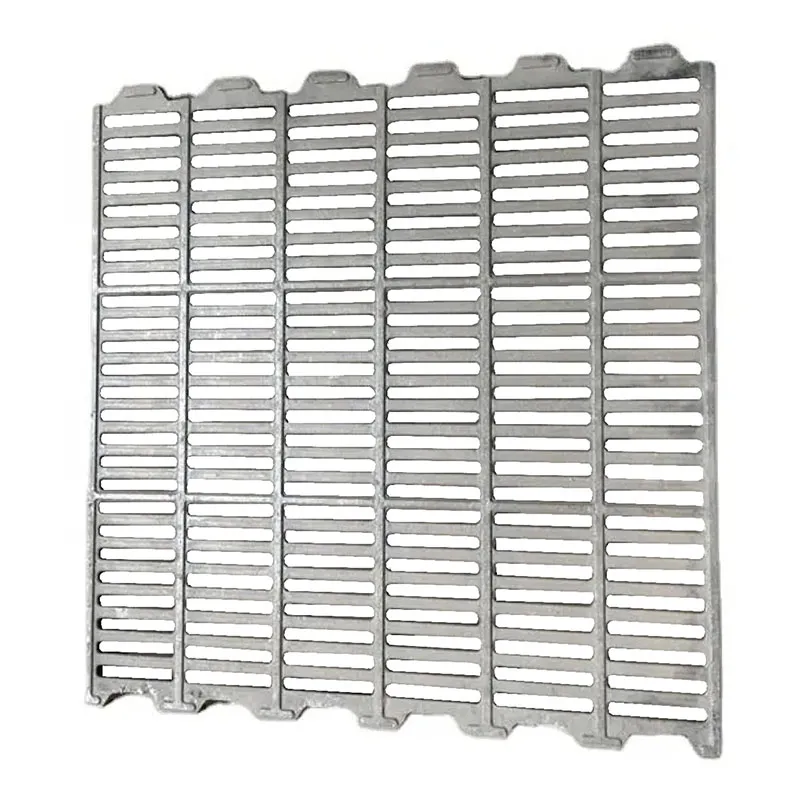
Ensuring Quality: Standards, Certifications, and Expertise
The credibility and reliability of cast iron flooring are deeply rooted in adherence to stringent quality control standards and industry certifications. Reputable manufacturers ensure their products meet or exceed international benchmarks such as ISO 9001 for quality management systems. This certification guarantees that every stage of the manufacturing process, from raw material sourcing to final inspection, follows documented procedures designed to produce consistent, high-quality output.
Beyond ISO 9001, specific product testing to relevant industry standards (e.g., for material composition, mechanical properties, and dimensional tolerances) further validates performance. For instance, material composition might be verified against ASTM A48 or EN 1561 standards for grey cast iron. Leading suppliers often have decades of experience in the livestock equipment industry, accumulating invaluable expertise in designing and producing cast iron flooring for piggery systems that specifically address the unique challenges of swine production. This long-standing experience, combined with robust R&D, translates into products that are not just durable but also optimized for animal welfare and operational efficiency. Customer feedback loops are integral, allowing for continuous product improvement and adaptation to evolving farm needs and regulations.
Choosing the Right Partner: Manufacturer Comparison and Customization
When investing in cast iron flooring, selecting a reliable manufacturer is as crucial as the product itself. Key factors to consider include the manufacturer's proven track record, adherence to quality standards, production capacity, and ability to provide customized solutions. A reputable supplier will not only offer a standardized range of cast iron flooring for piggery systems but also possess the engineering capability to design and produce bespoke solutions tailored to specific farm layouts, animal sizes, or operational requirements.
Look for manufacturers with advanced casting facilities, a dedicated R&D department, and comprehensive quality assurance protocols. Their ability to deliver consistent product quality and provide robust post-sales support, including installation guidance and warranty provisions, distinguishes them from less reliable alternatives. For example, a manufacturer with extensive experience serving large-scale agricultural enterprises will understand the nuances of project management, from initial design consultation to on-time delivery. Customized solutions can range from unique panel dimensions to specialized surface textures or even integrated heating elements for specific climatic conditions, demonstrating a partner's commitment to meeting diverse client needs effectively.
Real-World Impact: Application Case Studies and Client Success
The practical benefits of integrating high-quality cast iron flooring are best illustrated through real-world applications. For instance, a large commercial pig farm in North America, facing high piglet mortality rates due to overlaying and hygiene challenges in their farrowing units, saw significant improvements after transitioning to advanced cast iron flooring systems. The robust and thermally regulated surface of the cast iron reduced sow restlessness, leading to a measurable decrease in piglet crushing incidents by over 15% within the first year of implementation.
Similarly, a major European swine producer reported a substantial reduction in veterinary costs associated with lameness and skin lesions in sows housed on cast iron flooring for piggery. The improved hoof health and consistent hygiene provided by the non-porous surface contributed directly to better overall herd health and productivity. These case studies underscore the tangible returns on investment, including enhanced animal welfare outcomes, reduced operational expenditures, and increased farm profitability, validating the choice of cast iron as a superior flooring material for demanding agricultural environments.
Frequently Asked Questions (FAQ) about Cast Iron Flooring
Q1: What is the typical lifespan of cast iron flooring in a piggery?
A1: High-quality cast iron flooring is renowned for its exceptional durability. Under normal operating conditions and with proper maintenance, it can last for 20 years or more, significantly outperforming other flooring materials like plastic or concrete in terms of longevity and resistance to wear and tear.
Q2: How does cast iron flooring contribute to piglet health?
A2: Cast iron flooring for piggery systems primarily benefits piglet health by providing a stable, anti-slip surface that reduces injuries. In farrowing crates, the controlled thermal conductivity helps dissipate sow heat, preventing overlaying, while ensuring the sow remains comfortable, which can indirectly improve milk production. Its hygienic surface also reduces pathogen exposure.
Q3: Is cast iron flooring difficult to clean or maintain?
A3: Quite the opposite. The smooth, non-porous surface of cast iron flooring prevents the absorption of moisture and organic matter, making it exceptionally easy to clean and disinfect with standard pressure washing equipment. Its robustness means it requires very little maintenance beyond regular cleaning, as it resists corrosion and damage.
Q4: Can cast iron flooring be used for all stages of pig production?
A4: While cast iron flooring is primarily optimized for farrowing and gestation crates due to its strength, thermal properties, and hygiene benefits for sows, variations or combinations with other materials (e.g., plastic slats for nursery piglets) are common. Its primary advantage lies in areas subjected to heavy loads and requiring meticulous sanitation.
Logistics & Support: Delivery, Warranty, and Customer Service
A comprehensive approach to acquiring cast iron flooring extends beyond product specifications to encompass reliable logistics and robust customer support. Leading suppliers offer clear, transparent delivery schedules, ensuring that large-scale projects can be planned and executed without undue delays. Typical lead times will vary based on order size and customization, but efficient manufacturers can often accommodate bulk orders within 4-8 weeks, including shipping considerations for international clients.
Furthermore, a strong warranty commitment is a hallmark of a trustworthy supplier. Expect warranties covering material defects and manufacturing faults for a significant period, often 5-10 years, reflecting confidence in the product's longevity and performance. Dedicated customer support, including technical assistance for installation and maintenance inquiries, is also crucial. This holistic support ensures that clients receive not just a premium product but also the expertise and assistance needed to maximize their investment in cast iron flooring for piggery systems throughout its extensive service life.
Conclusion: The Future of Durable Piggery Solutions
In conclusion, cast iron flooring stands out as a superior, long-term investment for modern pig farming operations. Its unique combination of exceptional durability, unparalleled hygiene properties, and positive impact on animal welfare positions it as a critical component for achieving higher productivity and sustainable growth. From the meticulous sand casting process to rigorous quality control, every stage of its manufacture is designed to deliver a robust, reliable product that withstands the demanding environment of a commercial piggery for decades.
For B2B decision-makers and technical managers, choosing cast iron flooring for piggery equipment means opting for a solution that reduces maintenance costs, enhances bio-security, and ultimately contributes to the overall profitability and ethical standing of the farm. As the industry continues to evolve, the demand for high-performance, long-lasting, and animal-friendly infrastructure will only grow, making cast iron flooring an increasingly indispensable asset.
References
- Journal of Animal Science & Technology. "Impact of Flooring Materials on Swine Health and Productivity."
- Agricultural Engineering Research Journal. "Thermal Conductivity and Durability of Slatted Flooring in Livestock Housing."
- International Journal of Environmental Research and Public Health. "Hygienic Assessment of Different Flooring Systems in Pig Production."
- Materials Science and Engineering: A. "Metallurgical Properties and Wear Resistance of Grey Cast Iron for Agricultural Applications."
Post time: 8 сар . 14, 2025
